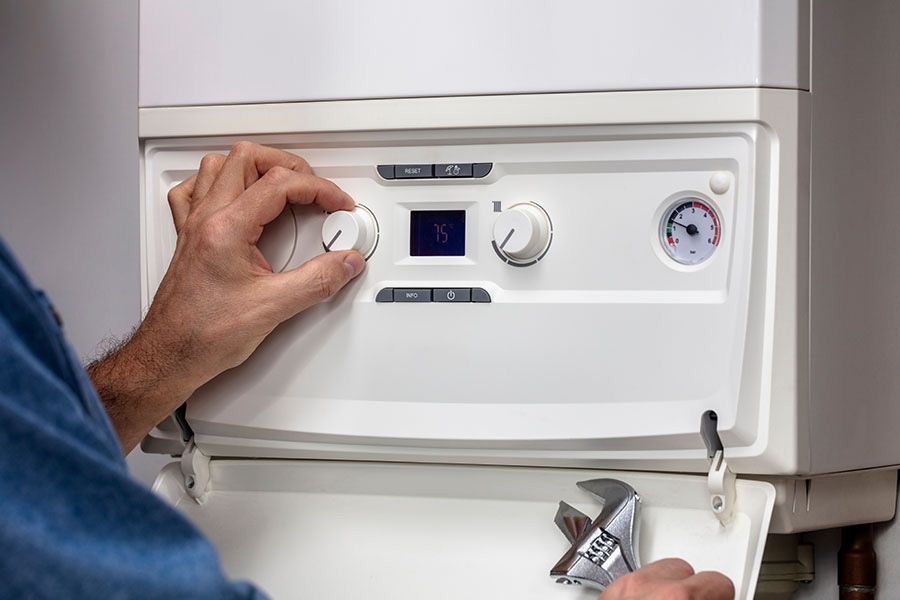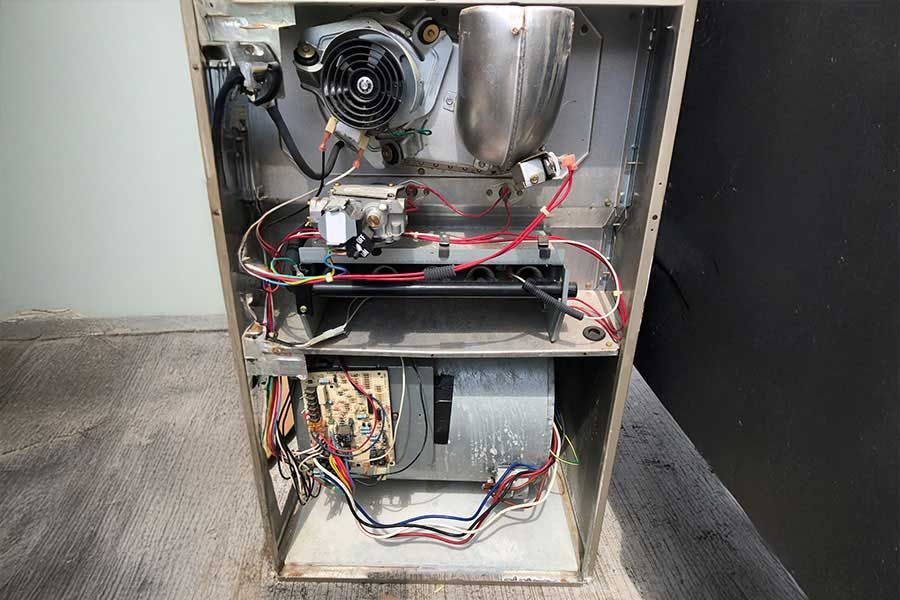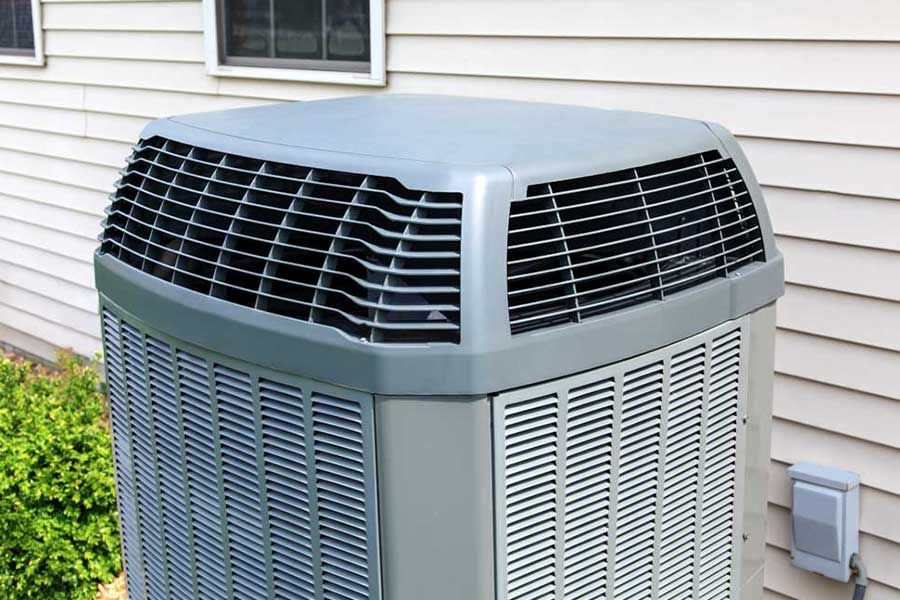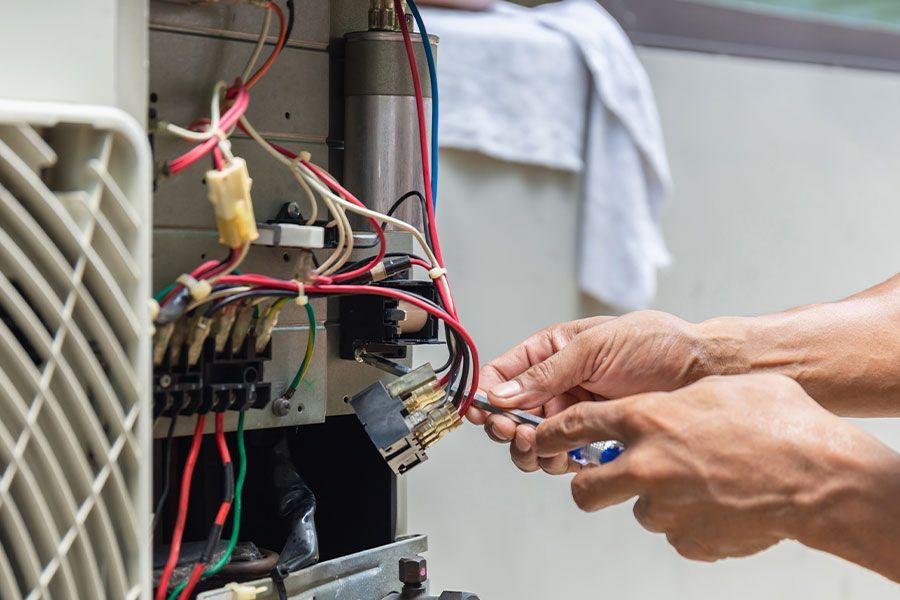Key Signs Your Heating System Needs Repair in Port Washington, WI
Imagine your heating system as a car engine; when it starts making strange noises or sputtering, it's a clear sign something's off. If you've noticed unusual sounds, inconsistent warmth, or rising energy bills, your heating system might be signaling for help. Ignoring these signs could lead to bigger issues down the line. So, what should you watch for to guarantee your home stays warm and comfortable?
Unusual Noises From Your Heating System
When you hear unusual noises coming from your heating system, it's a sign that something might be off. You might notice clanking, rattling, or hissing sounds that disrupt the usual hum of your heater.
These noises can indicate loose or damaged components, or even airflow issues. Ignoring them could lead to more significant problems down the line.
If you hear a high-pitched whine, it could signal a motor issue, while banging noises might mean parts are hitting each other.
These sounds aren't just annoying; they often point to potential breakdowns that could leave you without heat when you need it most.
Professional Services can help ensure your heating system is in top working condition.
Don't hesitate to contact Professional Services for a thorough inspection.
Our certified professionals can diagnose the source of those unsettling sounds and guarantee your heating system operates smoothly.
Trust us to keep your home warm and comfortable all season long.
Inconsistent Heating Throughout Your Home
If you've noticed that some rooms in your home feel warmer than others, it might be time to investigate inconsistent heating. This issue can lead to uncomfortable living conditions and may indicate a problem with your heating system.
Several factors could be causing this uneven warmth, and identifying them early can save you from more significant repairs down the line.
- Blocked vents or registers
- Ductwork leaks or damage
- Thermostat placement issues
- Insufficient insulation in certain areas
- Age or inefficiency of your heating unit
Don't ignore these signs. If you find yourself constantly adjusting the thermostat or dealing with chilly corners, it's crucial to consult with a professional.
They can pinpoint the issue and help restore your home's comfort, ensuring every room feels just right. Regular maintenance ensures safety and functionality of the furnace, which is essential for preventing such issues.
Increased Energy Bills
Noticing inconsistent heating throughout your home might lead to another alarming sign: increased energy bills. If you've seen a sudden spike in your monthly expenses, it's time to investigate. When your heating system struggles to maintain a comfortable temperature, it works harder, consuming more energy and driving up costs. You mightn't realize that a poorly functioning system can cause your bills to soar, but it happens more often than you think.
Pay attention to your energy usage patterns. If your bills are consistently higher despite normal usage, it's a clear indicator something's off. Ignoring this issue can lead to even larger expenses down the road. Regular heating system maintenance can prevent these issues and help avoid costly repairs.
Don't let increased energy bills become the norm for you. Reach out to a qualified HVAC technician to assess your heating system. They can identify problems and recommend repairs to restore efficiency, helping you save money in the long run.
Frequent Cycling On and Off
As your heating system struggles to maintain a consistent temperature, you might notice it cycling on and off more frequently than usual.
This frequent cycling can indicate underlying issues that need attention. It can lead to increased wear and tear on your unit, ultimately shortening its lifespan.
Here are some reasons why this might be happening:
- Thermostat issues: A faulty thermostat may not accurately sense temperature, causing erratic cycling.
- Dirty filters: Clogged filters restrict airflow, making your system work harder and cycle more.
- Duct leaks: Leaky ducts can lead to heat loss, forcing the system to compensate by cycling frequently.
- Oversized system: If your unit is too large for your space, it can lead to short-cycling.
- Refrigerant problems: Low refrigerant levels can affect the system's ability to heat efficiently.
If you notice this issue, it's time to call a professional for a thorough inspection. Regular boiler maintenance programs can help prevent such problems and ensure efficient operation of your heating system.
Poor Air Quality or Odors
Frequent cycling can often lead to issues beyond just temperature regulation; poor air quality and unpleasant odors may also surface in your home.
If you notice musty smells, dust buildup, or stale air, it's a clear sign your heating system might need attention. These odors can indicate mold, mildew, or even burnt dust collecting on your heating elements, which can affect your health.
Additionally, if you experience increased allergy symptoms or respiratory issues, your system's filters may be clogged or ineffective. A simple filter replacement might help, but persistent problems could mean it's time to call in the experts.
Professional Services offers air quality improvements with filtration and purification solutions, ensuring your home remains a comfortable and healthy environment.
Don't ignore these signs; addressing them promptly can enhance your overall comfort and well-being.
Schedule an inspection today to maintain the air quality you deserve.

Conclusion
If you notice any of these signs, don't wait until it's too late—addressing heating issues early can save you a bundle down the road. It's better to be proactive than to let a small problem snowball into a major repair. Keep an eye on your system, and if something feels off, reach out to a professional. After all, when it comes to your comfort, you want to keep your home as warm as toast!
You might also like







